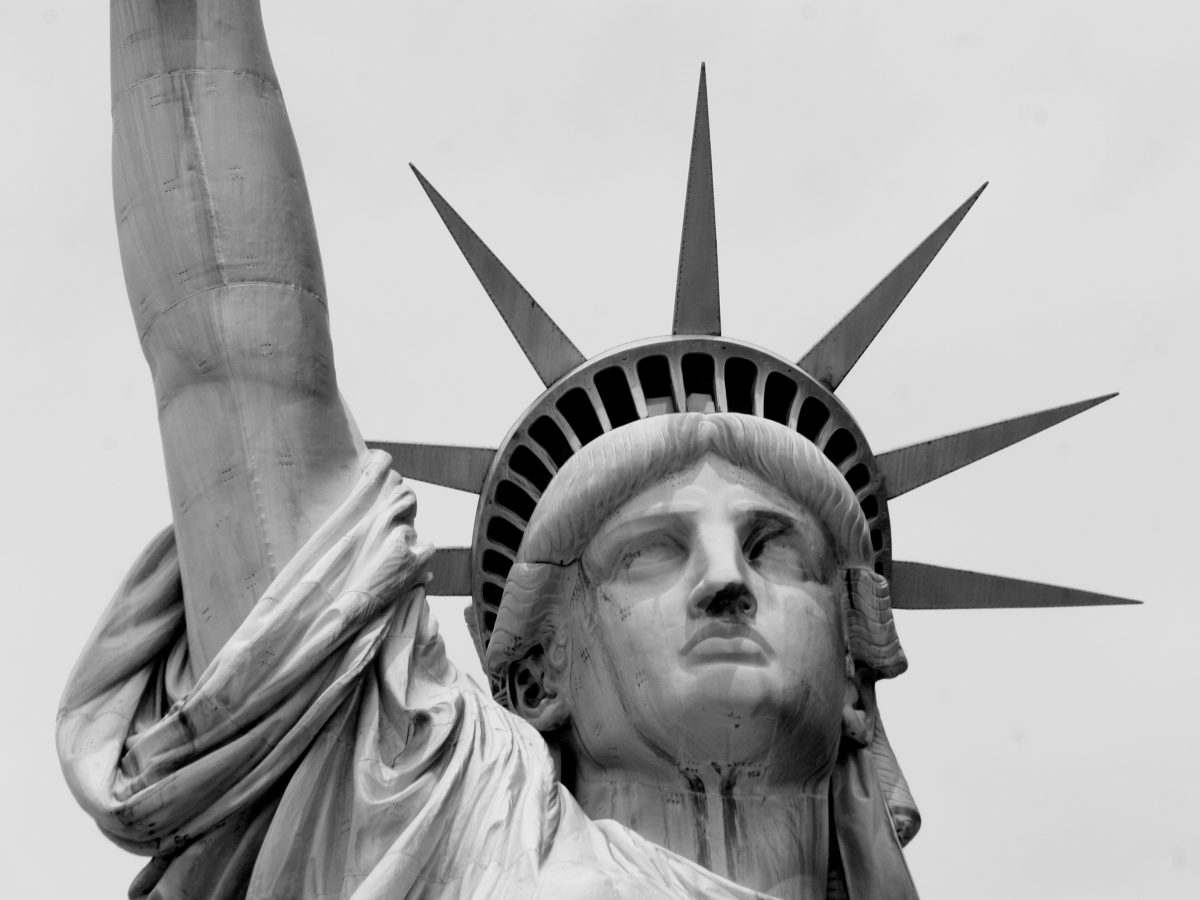The last two nights of television were mesmerizing, not because they included dramatic shoot-em-ups or humorous “reality”, but because each night 10 real presidential candidates supplied real answers to real questions.
Granted, a lot of the spontaneous remarks were planned, but they were still well stated.
For example, on Thursday night, several candidates tried talking over each other and words flew around like fireworks. That’s when Kamala Harris “spontaneously” came out with “Hey, guys, you know what? America does not want to witness a food fight. They want to know how we’re going to put food on their table.”
That shut down the fireworks… for a several whole seconds.
Elizabeth Warren took part in the wrong debate night… Well, maybe. Her moral outrage at Trump, Big Business, and Republicans stood out on Wednesday. It would have been drowned out by Bernie’s high volume self-righteousness on Thursday.
Also on Wednesday, Beto O’Rourke was about as compelling as a boy scout at a drinking party. Tulsi Gabbard (rep from Hawaii) was credible. Jay Inslee (Washington Governor) very impressive with real governing experience. John Delaney (rep from Maryland) was pragmatic and smart (he described calling hospitals in Maryland to ask about Medicare-for-all; they all told him they’d go broke if that was their only source of income).
Bill de Blasio was… New York obnoxious, I guess. it would have been interesting to see Bernie and Bill on the same night, two shouters going at it.
(Wow! how about a sequel to these debates? How about a Bill- Donald-Bernie WWE takedown!).
Overall, Wednesday was kind of boring, though. Without Warren, I might have read a newspaper.
The Thursday team learned from the Wednesday team. They came out swinging – primarily at Trump – but also at Biden.
Kamala Harris sucker-punched Biden, by first saying she knew he wasn’t a racist, then, by accusing him of racism by bringing up 1) his somewhat admiring remarks about Eastland and Talmadge – two racist senators from the 60’s and 70’s – and 2) his attempt to throttle school busing. While he had explanations for both, they were more detailed than he had time for, not to mention a little weak. So, the audience was left wondering if he is a racist. Kamala packs a powerful punch.
She kept the Anita Hill hearings in her quiver, possibly for another debate. But be warned, candidates, this is a take-no-prisoners competitor.
Buttigieg is refreshing as a candidate. He’s very smart, forthright, and well spoken, with unexpected humility. He didn’t dodge the police controversy in city of South Bend: when asked why he didn’t have a more racially diverse police force he said “Because I couldn’t get it done”.
(Just for one delicious moment, imagine Trump answering a question like that).
Michael Bennet, Senator from Colorado, was reasoned, sensible, and highly experienced, as was John Hickenlooper, former Colorado governor (must be the mountain air).
Who the heck was Marianne Williamson? Her chyron said “author”. Are we now so desperate, we’re running authors for President? If so, I’d rather hear from John Grisham or Tom Clancy. They’re way cool.
Harris won the night, narowly, in my view. Biden’s gaffe last week will have lasting impact. Had he simply apologized for opposing busing, he would have won. But hubris can complicate a 46 year career. He represents a more hopeful time, a prouder time. His age didn’t show as a flaw; it showed as wisdom, patience, steadiness – qualities that have been sorely missed. He may not be up to the political fighting of 2019. But, particularly in view of the swipes from some of the younger candidates, he reminds us of what we miss in a leader.
But the coolest part of either night, for me, was the audio mess-up on Wednesday. When Lester Holt, Savannah Guthrie and Jose Diaz-Balart took a break and were replaced by Rachel Maddow and Chuck Todd, their mics weren’t cut, so their back-stage chit-chat competed with Maddows and Todds’ on-air questions. Confusion reigned everywhere. To fix the audio, NBC took one of the longest commercial breaks on record. Now that’s drama.
In an earlier life, I worked in TV, including remote (out of studio) production. In all that time, including remote productions for NBC, I never saw anything like that.
So… a computerized audio board hiccup? FOX hacked the production truck? Trump sabotage? A Putin spy? Hmmm.
The debates were cool. But, hey NBC – what happened to the mics?




